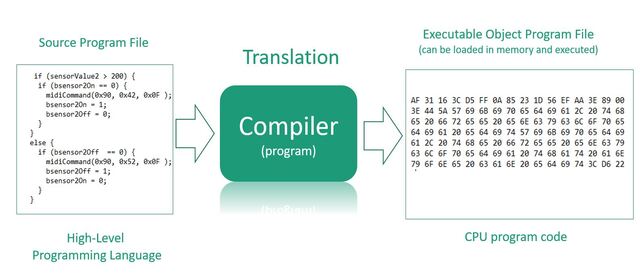
DW concepts, design, and data integration:
- Teacher: rania yangui

This
course gives an overall understanding of the Amazon Web Services (AWS)
Cloud, independent of specific technical roles. You will learn about AWS
Cloud concepts, AWS services, security, architecture, pricing, and
support to build your AWS Cloud knowledge. This course also helps you
prepare for the AWS Certified Cloud Practitioner exam.
After completing this course, students should be able to:
- Define the AWS Cloud and explain the AWS pricing philosophy.
- Identify the global infrastructure components of AWS.
- Differentiate between and describe AWS services for security (AWS IAM) and network (AWS VPC) management.
- Differentiate between and describe AWS compute services (AWS EC2, ECS, EKS, Lambda and Elastic Beanstalk).
- Differentiate between and describe AWS storage services (EBS, S3, EFS) and AWS data base services (RDS, DynamoDB, Redshif, and Aurora).
- Explain AWS Cloud architectural principles.
- Describe key concepts and services related to elasticity (Elastic Load Balancing, Amazon CloudWatch, and Auto Scaling).
- Teacher: Sami Bhiri

This course is a Template, please add your description and change the course photo.
- Teacher: Myriam Labidi

This module is intended to provide in-depth the fundamental principles and processes of software testing. The goal of the course is to provide students with the skill to select and apply a testing strategy and testing techniques that are appropriate to a particular software system or component. In addition the student will become a capable user of test tools; will have actively created test cases and run them using an automated testing tool. You will being writing and recognizing good test cases, including input data and expected outcomes.
- Teacher: Sonia Kotel

This course will discuss the major ideas used today in the implementation of programming language compilers, including lexical analysis, parsing, syntax-directed translation, abstract syntax trees, program optimization, code generation, and runtime systems. As a result, you will learn how a program written in a high-level language designed for humans is systematically translated into a program written in low-level assembly more suited to machines.
- Teacher: Sonia Kotel

This course is a Template, please add your description and change the course photo.
- Teacher: Sami Bhiri

This course will introduce the learner to applied machine learning, focusing more on the techniques and methods than on the statistics behind these methods. By the end of this course, students will be able to identify the difference between a supervised (classification/regression) and unsupervised (clustering) technique, identify which technique they need to apply for a particular dataset and need, engineer features to meet that need, and write python code to carry out an analysis.
- Teacher: khouloud Chalbi